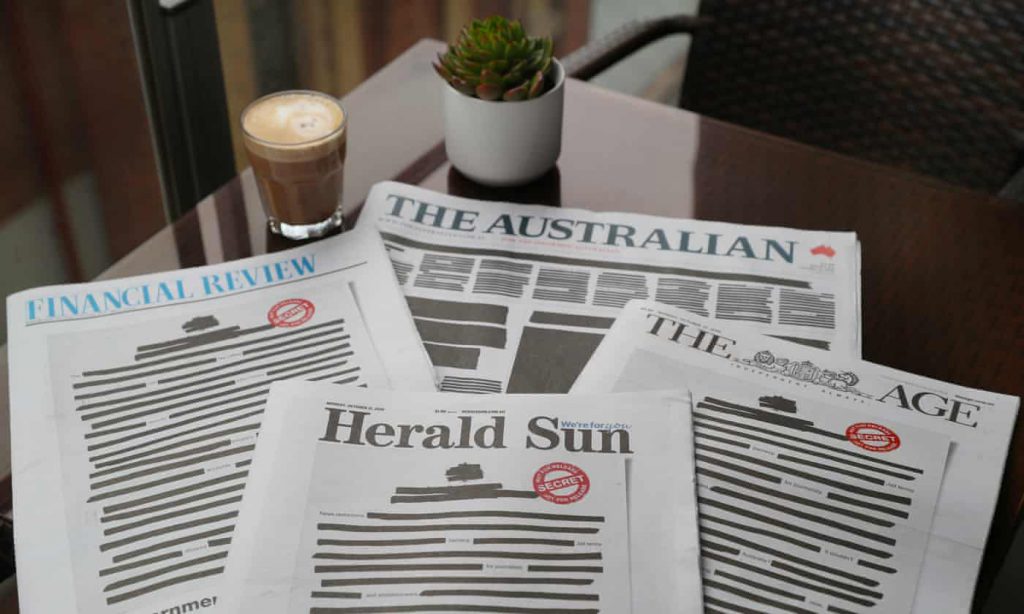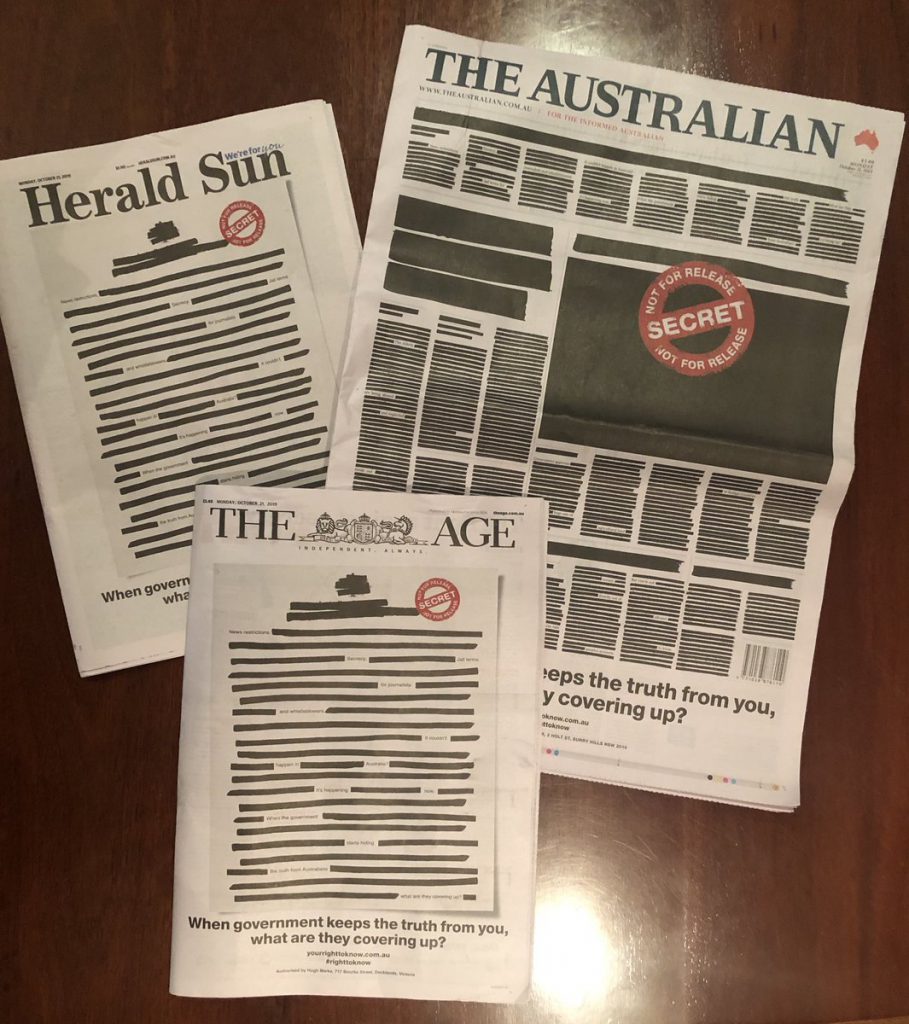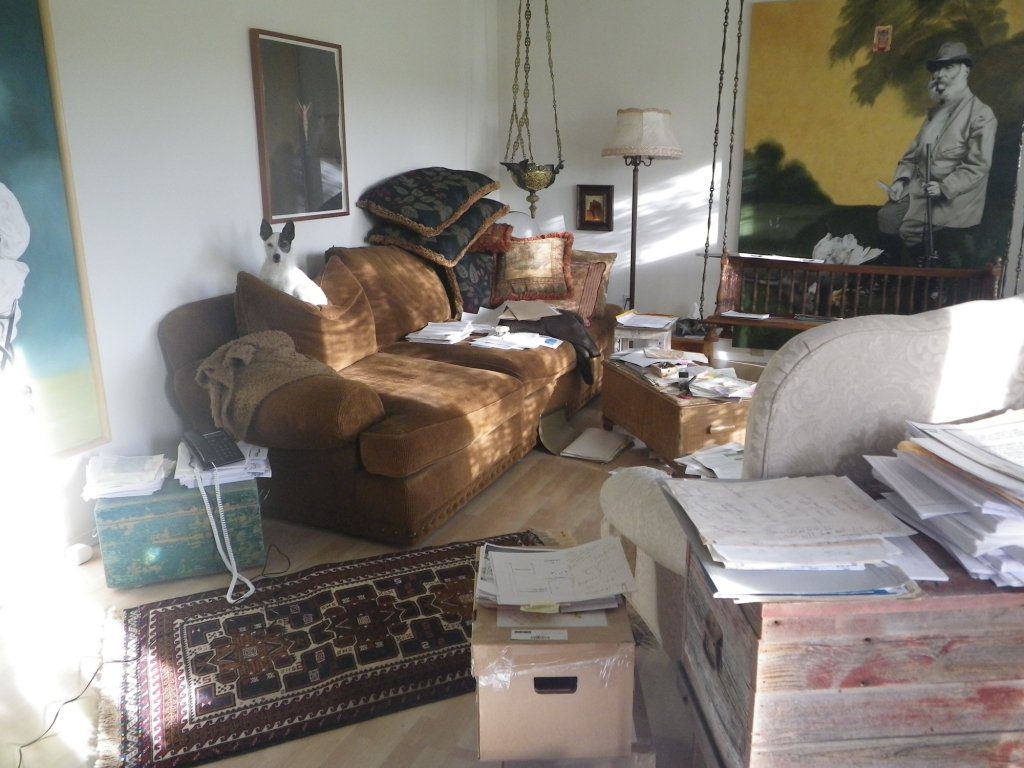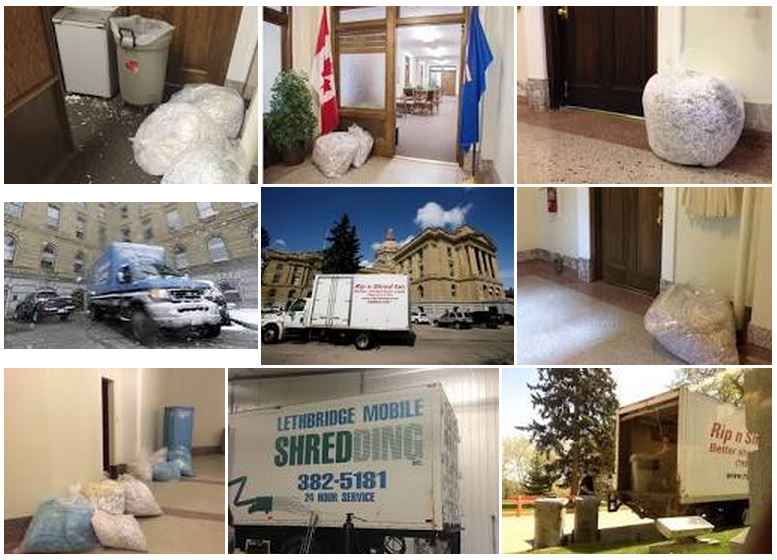Australian newspapers black out front pages to fight back against secrecy laws, United campaign by media companies highlights government moves to penalise whistleblowing and criminalise journalism by Calla Wahlquist, Oct 20, 2019, The Guardian.com

The front pages of Australian daily newspapers on Monday replicated a heavily redacted government document as part of a united campaign to challenge laws that effectively criminalise journalism and whistleblowing. Photograph: David Crosling/AAP
The front page of every newspaper in Australia was blacked out on Monday as part of a campaign against moves by successive federal governments to penalise whistleblowing and, in some cases, criminalise journalism.
The campaign, by the Australia’s Right to Know Coalition, follows raids on the ABC’s Sydney headquarters and the home of a News Corp journalist in June, the legality of which is being challenged in the high court.
It also comes as Witness K and his lawyer, Bernard Collaery, are facing jail time for revealing that the Australian Secret Intelligence Service bugged the office Timor-Leste officials during a multimillion dollar resource negotiation in 2004, and while Australian Tax Office whistleblower Richard Boyle is facing a maximum 161 years in prison for revealing that the ATO was abusing its powers.
Guardian Australia has joined the campaign. It has called for the right to challenge government applications for warrants against journalists, exemptions for journalists to laws that would see them jailed for doing their job, legislated protections for public sector whistleblowers, and reforms to both freedom of information and defamation laws. It also calls for a new regime to limit which documents can be stamped as secret.
The Australian parliament has passed more than 60 laws relating to secrecy and spying in the past 20 years. It is currently reviewing whistleblower laws. Twenty-two have been passed in the past two years.
“The truth is, those in power don’t want the public to know what they’re up to and are shutting down transparency and accountability to serve their own interests,” the Greens senator Sarah Hanson-Young said.
A survey conducted by the Australian Right to Know coalition in October found that while 87% of respondents said it was important that Australia be a free, open and transparent democracy, only 37% felt that currently described Australia.
Eighty-eight per cent of respondents agreed that people who call out wrongdoing are critical to keeping the government accountable and should be protected, and 80% said whistleblowers should not be treated like criminals even if they broke the law to tell the truth.
A further 76% said journalists should be protected from prosecution and imprisonment when they report on information the public has a right to know about, and only 35% said the government was keeping them as informed as possible about that kind of information.
A majority of people said they had the right to know if the federal government was considering new powers to allow an intelligence agency to collect information on Australian citizens, an issue for which News Corp journalist Annika Smethurst’s home was raided by the Australian federal police in June.
Respondents also said they had a right to know about reports of abuse in aged care homes, and about foreign companies selling private land.
The federal department of health last year refused requests about aged care complaints to a Four Corners investigation.
A request by the Age to the Foreign Investment Review Board for information about a $415m sale of forestry land to a Canadian superannuation fund was also refused, leading to a two-year battle before the information commissioner and the final release of freedom of information documents so heavily redacted that the story could not be published.
Respondents to the survey also said the government was less transparent on a majority of key issues – including political campaign funding, climate change and immigration – than it was a decade ago.
Australia does not require real-time disclosure of political donations. An investigation by Guardian Australia found that the Tasmanian Liberal party received a $500,000 donation from the gambling lobby before the 2018 election, in which Labor was campaigning on an anti-gambling platform, but the source of the donation was not disclosed until 11 months after the polls closed. The Liberal party won the election.
Even the most innocuous requests for a copy of the menu of the members’ dining room in Parliament House have been refused. Journalist William Summers was eventually granted the menus on the condition that he never published them.
This morning’s newspapers are brought to you by government secrecy provisions, misuse of FOI and stifling defamation laws. #righttoknow

Refer also to:
Access Denied, How the government of Alberta obstructs requests for public information
Feds dispute Canada’s dismal ranking in report on freedom of information
Ruling advances Jessica Ernst’s tainted water lawsuit, documents must be released, says Alberta information boss [The most important documents ordered released, remain withheld!]
In a scathing decision that ends a three-year battle by Rosebud resident Jessica Ernst, the Office of the Information and Privacy Commissioner has ordered a government agency to release thousands of pages of documents that could reveal how scientists concluded the contamination was naturally occurring.
Adjudicator Teresa Cunningham ordered Alberta Innovates-Technology Futures [previously ARC] to refund the entire $4,125 fee charged for processing Ernst’s request because keeping test results, draft reports and even proposed news releases under wraps with no legal basis contravened her right to timely disclosure. “The amount of severing done and the lack of justification for it has resulted in the applicant being deprived of her rights,” Cunningham said. “The public body withheld information for reasons that were not borne out by the records, and charged inflated costs for processing the access request.” …
The commissioner’s order will now force the agency to reveal the results of tests on the wells on which it based its conclusions as well as discussions about drafts of the report between its scientists and Alberta Environment officials. [And secret emails by those officials proving they edited the “independent” report that blamed nature, including changing the conclusions by Dr. Alexander Blyth.] In ruling those records were not advice that could be kept private, Cunningham said e-mails indicated changes in the report appeared to be the result of instructions from the department. …
Rob Semeniuk, spokesman for Alberta Innovates-Technology Futures [previously Alberta Research Council], said the agency will comply with the order to refund the fees and release nearly 6,000 pages of documents. “We thought we were doing the right thing by not supplying the information,” Semeniuk said. … Encana did not respond to a request for comment.

Oct 2014: Ernst lawsuit document prep at her home in Rosebud. Many of the documents Ernst filed with Encana came from those ordered released to her under FOIP law (after Ernst’s four year battle fighting to get the “public” records).
Alberta among worst in responding to queries
Alberta Energy and Utilities Board (EUB, became ERCB, now AER) found in contravention of FOIP
New FOIP documents confirm the EUB hired Private Investigators in past EUB proceedings
New report says Alberta’s FOIP laws worst in country
Foot rot is highly contagious, so is violating information rights in Canada: From Alberta to Harper government
Alberta Shred Fraud? “Better Shred than Read!” Tory Cover-up Saga Continues: Document shredding rules not followed by Alberta Environment, investigation finds. “344 boxes of executive records were destroyed between May 1 and May 13,” including related to litigation, 660 boxes in total were destroyed

